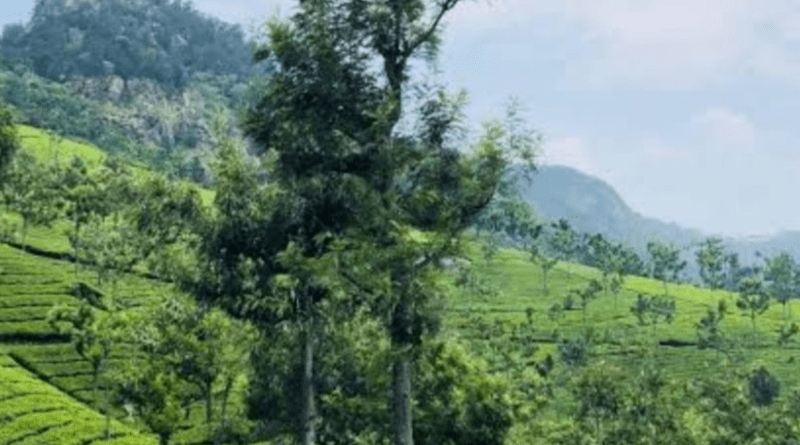NEW: The Nilgiris Earth Festival Focuses On The Ecosystem.
The recently finished Nilgiris Earth Festival highlighted local food, culture, and ecology while also kicking off a discussion about the conservation of the Nilgiris Biosphere.
The huge Keystone Foundation campus at Kotagiri in the Nilgiris is buzzing on a foggy winter morning. As the Habba, the main event of the Nilgiris Earth Festival, begins, Irula men and women dance rhythmically to music played on drums and pipes. A walk tour of stalls showcases the bounty of the region, including colorful varieties of red, black, and wild ginger, black turmeric that has high medicinal value, millets, several varieties of greens, vegetables like cap brinjal, tubers like greater yam, noorai kizhangu, and koorka (Chinese potato), and sustainable honey sourced from honey-collecting tribal communities including the Kattunaickens, Kurumbas, Sholigas, Irulas, and Todas of the Nilgiris Biosphere Reserve.
Attempt the jamun, honey. It has an acidic aftertaste and bursts with the sweet flavor of the fruit. This honey mixture is made from the nectar of jamun flowers. More honey tasting follows, with flavors ranging from multi-flowers to ginger, pepper, and saffron, as well as a taste of honey-soaked cured gooseberry sweets, wild figs, and dry fruits.
Once inside, bees take center stage as Nicola Bradbear, the director of Bees for Development in the United Kingdom, begins her lecture. Since 1993, the organization has collaborated with beekeepers from over 50 countries. Every flowering plant requires an insect to collect pollen and transport it to another plant. Over the past 150 million years, this extraordinary interdependence between pollinating insects and flowering plants has emerged. A bond was established long before humans existed.”
To further illustrate how honey is known and appreciated in every civilization, beeswax, propolis, and pollen all produce cash and a means of subsistence for landless people. Insects are in trouble.” The widespread use of pesticides kills insects and bees. “Only 10% of the insect population that existed 40 years ago remains. We must rebuild their number since insects are soil engineers that contribute significantly to biodiversity and food security.”
Bees for Development has a significant presence in Africa, where they train beekeepers for a living. They use bees and beekeeping to combat poverty. While we are enslaving and killing the species (bees have perished pollinating oranges and apples in North America), they discuss nature-based beekeeping, which is pleasant.”
“The idea behind the festival is to bring new collaborations, ideas, and dreams together , We have made a conscious decision to take the Nilgiris to the world and bring the world here.” We have folks from the United States, the United Kingdom, South Africa, Germany, and many other countries, as well as people from many walks of life in India. This might be a breeding ground for ideas not only for this region but for the entire globe.”




